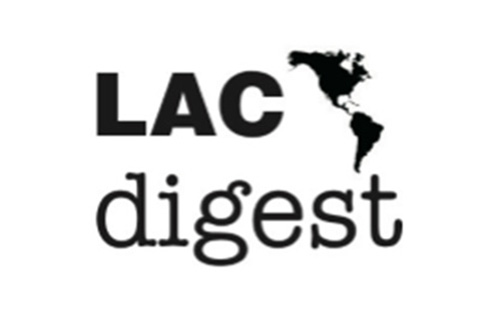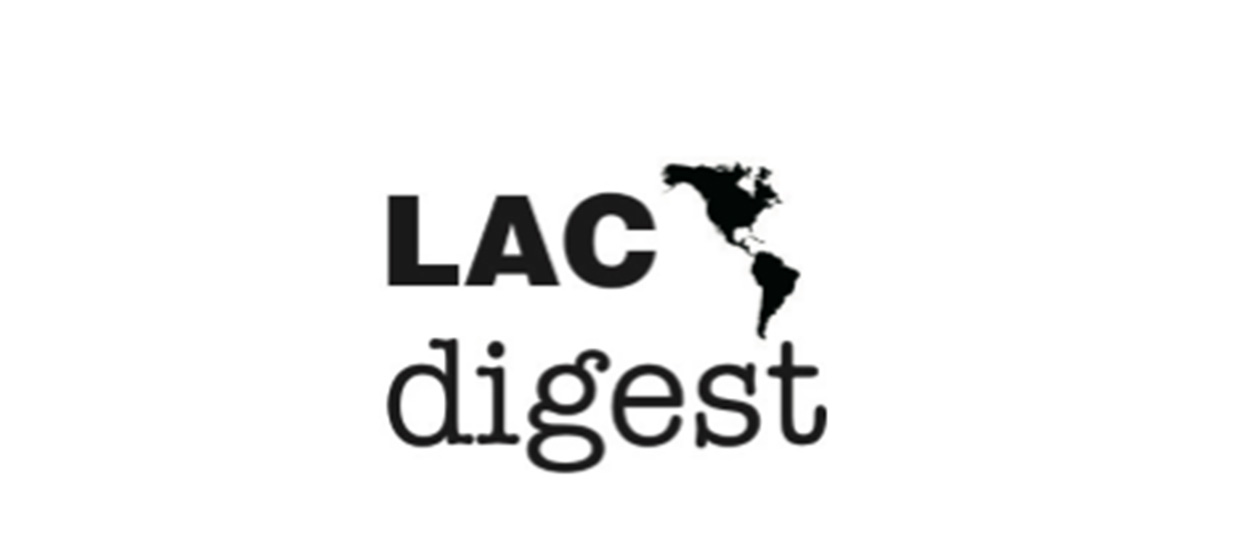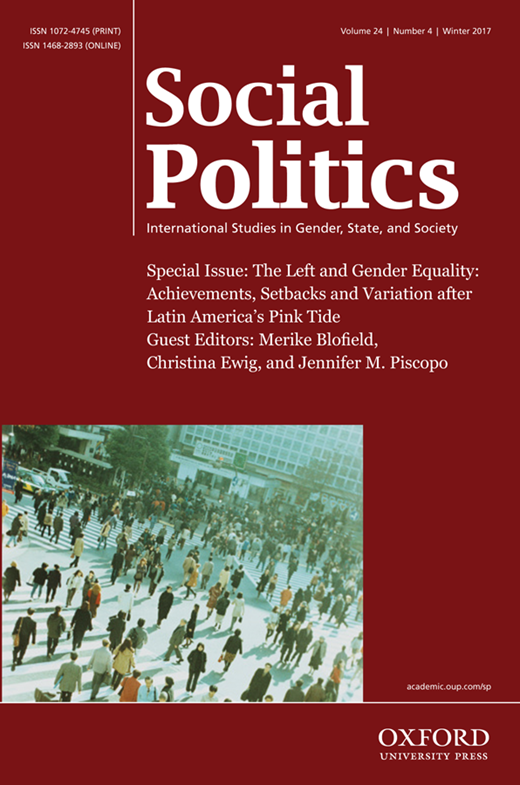- Accessibility Options:
- Skip to Content
- Skip to Search
- Skip to footer
- Office of Disability Services
- Request Assistance
- 305-284-2374
- Display:
- Default
- High Contrast
- Apply
- About UM
- Give to UM
-
Schools
- School of Architecture
- College of Arts and Sciences
- Miami Herbert Business School
- School of Communication
- School of Education and Human Development
- College of Engineering
- School of Law
- Rosenstiel School of Marine, Atmospheric, and Earth Science
- Miller School of Medicine
- Frost School of Music
- School of Nursing and Health Studies
- The Graduate School
- Division of Continuing and International Education
- Alumni
- The Mexican Heartland: How Communities Shaped Capitalism, a Nation, and World History, 1500-2000.
- Hablamos la misma lengua. Historia política del español en América, desde la Conquista a las Independencias
- “The Tragedy of the Venezuelan Opposition: Why It’s Been Unable to Effectively Challenge Maduro.”
- “Las poéticas del sinsentido en la literatura argentina contemporánea: reflexiones acerca de su relación con la ironía, el kitsch y el camp.”
- “Developing a cooperative multicenter study in Latin America: Lessons learned from the Latin American Study of Nutrition and Health Project.”
- “U.S. Free Trade Agreements (FTAs) and Enforcement of Labor Law in Latin America.”
- “Becoming the ‘Baddest’: Masculine Trajectories of Gang Violence in Medellín.”
- “Cultural stressors, identity development, and substance use attitudes among Hispanic immigrant adolescents.”
- “The Latino/a audience unbound: Intra-ethnic social hierarchies and Spanish-language television news.”
- “The Reactive Left: Gender Equality and the Latin American Pink Tide.”
RELATED LINKS
- The Mexican Heartland: How Communities Shaped Capitalism, a Nation, and World History, 1500-2000.
- Hablamos la misma lengua. Historia política del español en América, desde la Conquista a las Independencias
- “The Tragedy of the Venezuelan Opposition: Why It’s Been Unable to Effectively Challenge Maduro.”
- “Las poéticas del sinsentido en la literatura argentina contemporánea: reflexiones acerca de su relación con la ironía, el kitsch y el camp.”
- “Developing a cooperative multicenter study in Latin America: Lessons learned from the Latin American Study of Nutrition and Health Project.”
- “U.S. Free Trade Agreements (FTAs) and Enforcement of Labor Law in Latin America.”
- “Becoming the ‘Baddest’: Masculine Trajectories of Gang Violence in Medellín.”
- “Cultural stressors, identity development, and substance use attitudes among Hispanic immigrant adolescents.”
- “The Latino/a audience unbound: Intra-ethnic social hierarchies and Spanish-language television news.”
- “The Reactive Left: Gender Equality and the Latin American Pink Tide.”
RELATED LINKS







